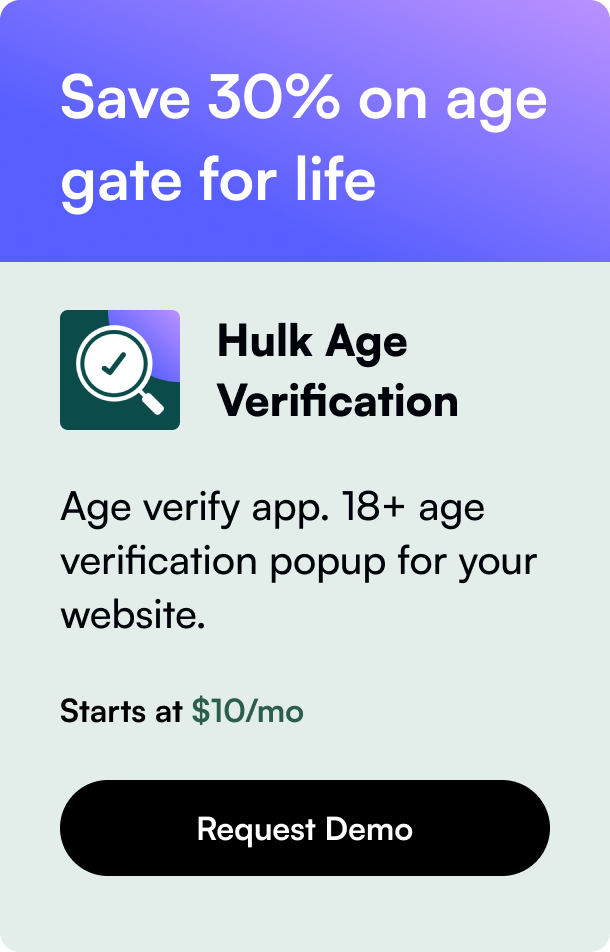Table of Contents
- Introduction
- Why Privacy Matters for Your Shopify Store
- Steps to Solidify Your Store’s Privacy Framework
- FAQs
In today's digital age, data privacy has become a critical concern for both consumers and businesses. Online store owners, particularly those utilizing e-commerce platforms like Shopify, are at the forefront of addressing these concerns. This guide is designed to empower Shopify store owners with the knowledge and tools to enhance their website's privacy practices by incorporating a privacy policy, cookie banner, and data sales opt-out page. Let's dive into the details and ensure your Shopify store not only complies with privacy regulations but also builds trust with your customers.
Introduction
Imagine browsing through an online store, uncertain about how your personal information will be used or shared. This concern is not unfounded, as data privacy issues have led to significant backlash against businesses in the past. However, as a Shopify store owner, you have the opportunity to distinguish your store by clearly communicating your privacy practices. This guide will walk you through the steps to add a comprehensive privacy policy, deploy a cookie banner for informed consent, and provide a data sales opt-out page. By the end of this article, you'll be equipped to enhance your store's transparency and foster trust with your customers.
Why Privacy Matters for Your Shopify Store
In an era where data breaches and privacy infringements make headlines, a robust approach to privacy is not just a regulatory compliance matter but a competitive advantage. Below points elaborate on its importance:
- Trust and Credibility: Transparent privacy practices build customer trust, a crucial factor influencing purchasing decisions.
- Legal Compliance: Adhering to global privacy laws like GDPR, CCPA, and others, helps avoid hefty fines and legal complications.
- Customer Experience: Respecting customer privacy preferences can significantly enhance the overall user experience, boosting loyalty and conversion rates.
Steps to Solidify Your Store’s Privacy Framework
Add a Privacy Policy to Your Shopify Store
A well-crafted privacy policy is the cornerstone of your store's privacy framework. It communicates how customer data is collected, used, stored, and shared. Here's how you can add one to your Shopify store:
- Utilize Shopify’s Policy Generator: Shopify offers a privacy policy generator that provides a good starting point. However, it's essential to customize it to reflect your specific practices and comply with applicable laws.
- Cover All Essential Elements: Ensure your privacy policy addresses data collection, usage, third-party sharing, cookies, user rights, and data security measures.
- Update and Communicate Changes: Privacy practices evolve, so keep your policy up to date and inform customers of significant changes.
Implement a Cookie Banner
A cookie banner informs visitors about the use of cookies and, where applicable, obtains their consent. Here’s how to manage it:
- Choose a Third-Party Cookie Banner App: Several apps in the Shopify app store can help manage cookie consents effectively.
- Customize to Fit Your Needs: Ensure the banner reflects the types of cookies you use and offers clear options for consent.
- Mind the Impact on Analytics: Be aware that requiring consent for cookies can impact the data collected through analytics tools, potentially reducing the sessions and conversion data available.
Provide a Data Sales Opt-Out Page
Empower your customers with control over their data by offering an option to opt-out of data sales. This is particularly relevant for compliance with laws like the CCPA.
- Create a Dedicated Opt-Out Page: Use Shopify’s page creation tools to set up a page enabling users to exercise their opt-out rights.
- Integrate with Global Privacy Control (GPC): Ensure your opt-out mechanism respects the GPC signal, automating the process for users with GPC enabled browsers or extensions.
FAQs
Why is respecting customer privacy important for my online store?
Respecting privacy strengthens customer trust, ensures legal compliance, and enhances the user experience, thereby supporting business growth.
How often should I update my privacy policy?
Review and update your privacy policy at least annually or whenever there are significant changes to your data practices or relevant privacy laws.
Can the use of cookies affect my store's analytics?
Yes, if you require consent for cookies, you might see a reduction in the amount of data collected until consent is obtained.
Is it necessary to have a data sales opt-out page?
Depending on the privacy laws applicable to your store and your data practices, a data sales opt-out page can be a legal requirement and a good practice for transparency.
Conclusion
In an online marketplace where trust is paramount, showing a commitment to privacy can significantly differentiate your Shopify store. By following the outlined steps to add a privacy policy, cookie banner, and data sales opt-out page, you not only comply with legal requirements but also foster a relationship of trust with your customers. Embrace these privacy practices as part of your business strategy to build a transparent, customer-centric e-commerce experience.








